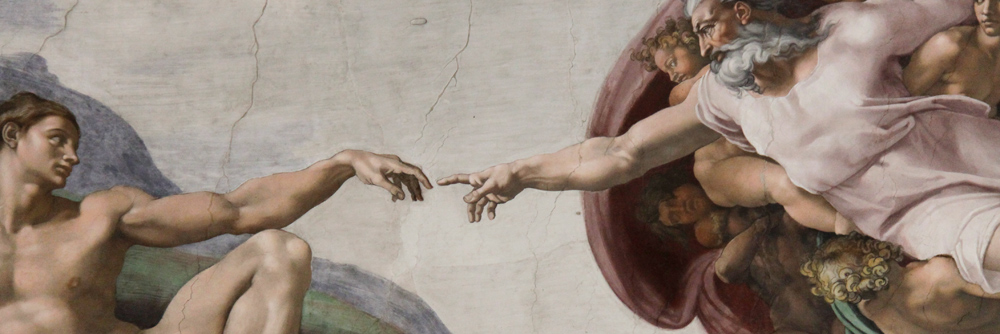Our Lord Jesus Christ, in telling the Samaritan Woman at the well in John, chapter 4, that God is Spirit, clearly established the concept of spirit or non-materiality. Other passages, like James 2, inform us that the body without the spirit is dead, and Paul the apostle reminds us of our spirit component by asking, “What man knows the things of a man, except the spirit of man, which is in him?” I Corinthians 2. Add to these compelling passages that verify the spirit part of our nature the encounter Christ had with Satan himself. In the account given of the temptation of our Lord by the devil, as recorded in Matthew 4, Jesus had been tempted to satisfy His physical hunger by changing he surrounding stones into bread. Surely, He could do that, couldn’t He? Indeed, He could have, and it would have been a considerably lesser miracle than several others He would later be performing. And, wasn’t His ongoing hunger, hunger that would stretch to forty days…a perfectly legitimate thing to have satisfied? Then, why didn’t He? The answer is very revealing. What Christ said was, “It is written, ‘Man shall not live by bread alone but by every word that proceeds from the mouth of God.” Here, our Lord clearly reveals that man, including Himself, is not merely a physically being. If he were, then bread would be the only need he has. And when a man is filled with bread, has a full stomach, that’s the end of his needs. But it isn’t. Man has a need that mere physical bread cannot satisfy, and that is because we are more than our body. We are a body-plus, and that plus is even more important than our physical body. It’s our human spirit that is housed in the physical body. The reason it’s more important is because that’s the part of us that connects with God. It’s more important because it’s the part of our present being that is indestructible. It’s more important because our spirit actually dictates to our body. Our mind, emotions, will, personality, memory, imagination, creativity, all these intangibles and more are resident within the human spirit, and, when you die, you take all of them with you, leaving your body behind to await a glorious reuniting. The body will, then, be incorruptible and immortal, which it definitely is not at the present.
Christ’s answer emphatically placed the importance of our personhood where it needs to be. Further, not only does man not live by bread alone, but by every word that proceeds from the mouth of God. And what are those words? They are spirit in content, consisting of whatever truth it is that God is conveying. It reminds us of what Christ also said about His own words in John 6, when He said, “It is the spirit that makes alive; the flesh profits nothing. The words that I speak unto you, they are spirit, and they are life.” As clear a case as could be needed by anyone with an open mind is established repeatedly throughout the Old and New Testaments. This is why man cannot be truly satisfied with physical bread alone.
CC-08-20


Published by